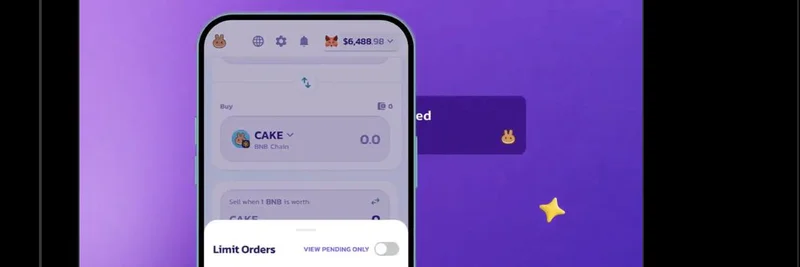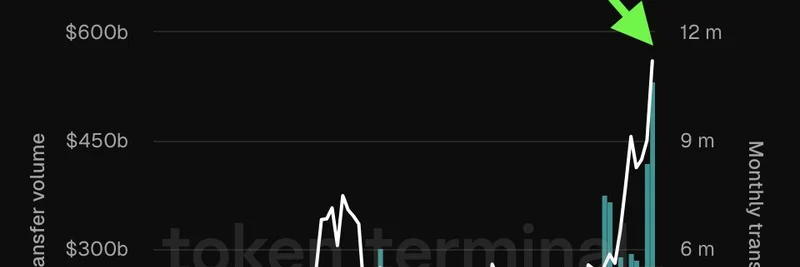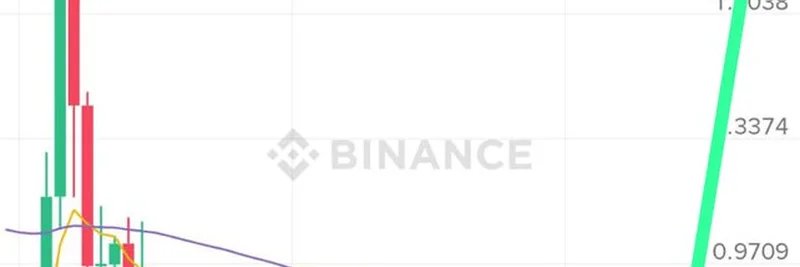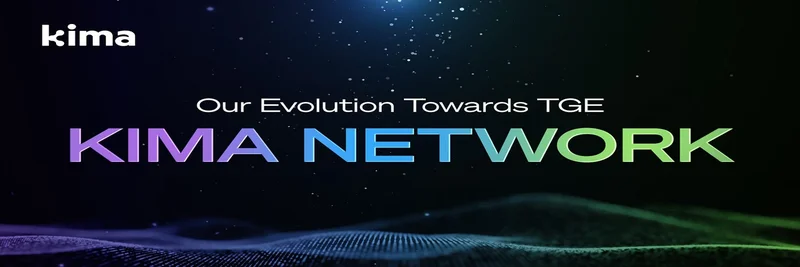In the fast-paced world of cryptocurrency, bold predictions often spark heated debates. Recently, Jesse Pollak, the founder of Base—an Ethereum Layer 2 blockchain built by Coinbase—shared a contrarian opinion on X (formerly Twitter) that has the crypto community buzzing. Responding to Solana co-founder Anatoly Yakovenko's forecast, Pollak painted a more optimistic picture for consumer-facing crypto innovations.
Yakovenko, known for his technical insights as @aeyakovenko on X, posted: "My contrary opinion: cross border b2b backend crypto settlement is the only thing that will go mainstream in the next 3-5 years, but it will be enormous." This view focuses on behind-the-scenes business-to-business (B2B) payments across borders, where crypto could streamline international transactions that are currently slow and costly through traditional banking systems.
Pollak, however, sees a brighter, faster path forward. In his reply (view the original post), he countered: "My contrary opinion: builders will build apps AND creators will create content that will go massively mainstream in the next year. I believe in you." It's a vote of confidence in the crypto ecosystem's ability to deliver user-friendly applications and engaging content that could attract millions beyond the niche of tech enthusiasts.
For those new to the terms, "builders" in crypto slang refer to developers creating decentralized applications (dApps) on blockchains like Base or Solana. These could range from decentralized finance (DeFi) tools to social platforms. "Creators," on the other hand, are individuals producing digital content—think NFTs, viral videos, or, crucially for our focus at Meme Insider, meme tokens. Meme tokens are cryptocurrencies inspired by internet memes, often blending humor, community, and speculation. They've exploded in popularity, with projects like Dogecoin and newer ones on Base showing how content can drive massive adoption.
Pollak's prediction aligns perfectly with the meme token scene. Base has become a hotbed for meme coins, thanks to its low fees and seamless integration with Ethereum. Creators are already churning out content that resonates globally, from funny animations to community-driven narratives. If Pollak is right, we could see meme tokens evolving into mainstream cultural phenomena, perhaps even integrating with everyday apps like social media or gaming.
The post quickly garnered reactions. One reply from @lokitoRolex highlighted the ease of creativity on Base: "It's easy to get creative on base. The ecosystem and community are so cool." They mentioned settling a 2D shooter game on Base, underscoring how the platform encourages innovative content. Accompanying the reply was this quirky image, capturing the whimsical spirit of onchain creation:
Other responses echoed the enthusiasm. @1CrypticPoet simply stated, "I believe," while @bloomsocialhq noted, "it's already here, we just don't see it yet." Even @AlfCTO chimed in with a nod to longevity: "Memes are temporary. Code is forever!" This mix of optimism and humor reflects the vibrant community Pollak is betting on.
At Meme Insider, we're all about tracking how meme tokens and blockchain tech intersect. Pollak's view suggests that the next year could be pivotal for memes going mainstream—imagine meme-based apps hitting app stores or content creators monetizing directly onchain without intermediaries. While Yakovenko's B2B focus might handle the infrastructure, it's the fun, accessible side that could truly onboard the masses.
Of course, crypto is unpredictable, and mainstream adoption hinges on factors like regulation, user experience, and market sentiment. But if history is any guide, underestimating creators has been a mistake before. As Pollak says, "I believe in you"—a message to builders and creators alike to keep pushing boundaries.
Stay tuned to Meme Insider for more updates on meme tokens, blockchain news, and insights to level up your crypto knowledge. What's your take on this debate? Will apps and content steal the spotlight, or is B2B the real game-changer?




